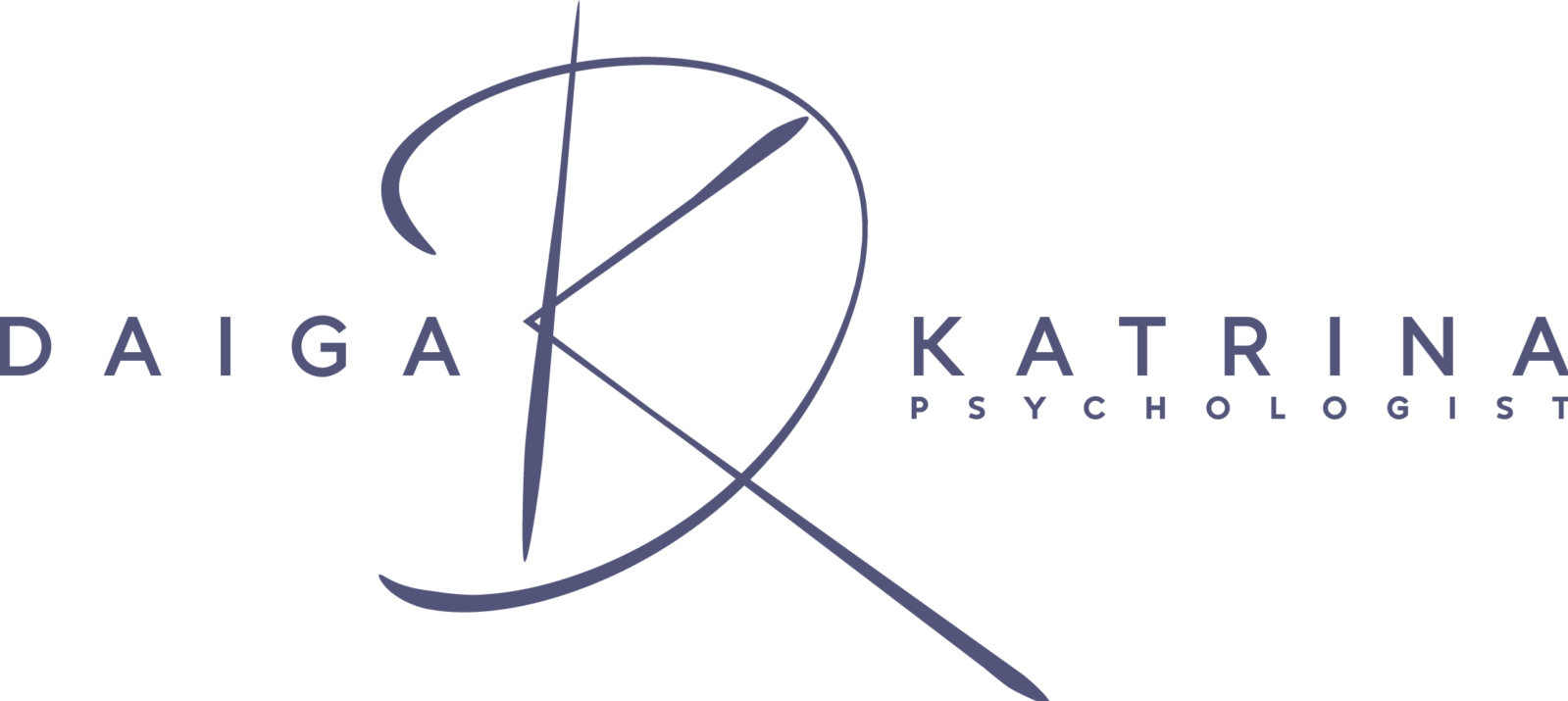For a deeper sense of self, meaningful relationships and a psychologically healthy and soulful spirituality.
-
Visit Our Place
91-6 Čaka Street, Riga
-
Tr. - Ce. 9:00 - 18:00
- Request a visit
A clinical and health psychologist is a specialist who has a master's degree in psychology and is registered in the register of psychologists. As a specialist in psychological sciences, a psychologist has professional, in-depth knowledge of the various emotional, behavioural and thought processes of human beings.
Clinical and health psychologists help people experiencing physical, emotional and mental health problems to improve their mental well-being. Psychologists help people to understand their difficulties, their causes and mechanisms, to seek new ways of coping, to become aware of their strengths and resources, and to understand their goals and aspirations in life. Psychologists help to reduce distress and resolve crisis situations, thus contributing to health behaviour, compassion and client activation. Psychologists in healthcare settings are also involved in the implementation of activities that help to address problems in the community mental health sector.
When can I turn to a psychologist?
A psychologist can be consulted if the client is experiencing depression, anxiety, panic attacks, etc., has had a traumatic experience, is experiencing a personality or developmental crisis, fear, guilt, adjustment disorders.
Psychologists help to reduce feelings of helplessness, manage mood swings, stabilise social rhythms, balance relationships, identify faulty thoughts and beliefs, identify stress triggers, and learn problem-solving techniques.
Studies have shown that about 25% patients with somatic symptoms do not find physiological causes, but are well helped by psychological interventions (Wahass, 2005). Research also shows that modern psychological interventions, both face-to-face and at a distance, are effective and cost-effective for improving physical and mental health and quality of life (Calkins, 2022). Contemporary research suggests that the frequency of psychological counselling also has a significant impact on the outcomes of psychological interventions (Ricou et al., 2019).
Competences of a clinical and health psychologist
Psychologists need to develop two main groups of competences in the course of their professional activity: functional and core competences.
Functional competences are related to the content of a psychologist's work and describe what a psychologist does. These activities and the competences they require:
- clarifying the client's needs and setting goals;
- psychological testing or assessment and service planning
- the intervention or service;
- evaluating the intervention or service
Core competences are related to professional ethics and describe how psychologists carry out their tasks:
- Compliance with ethical, legal and professional standards
- communication and related competences
- Continuing professional development
- a scientific and research-based approach
- competences for cooperation;
- Respect for individual and cultural differences;
- use of information and communication technologies, data protection, virtual privacy and cybersecurity
- self-reflection and self-care.
Clinical and health psychologists in Latvia
Since 2018, the profession of psychologist in Latvia belongs to the family of regulated professions and the education, professional activity and professional quality standards of psychologists are determined by the Law on Psychologists, as well as the Cabinet of Ministers Regulation No 301 of 29 May 2018 "Regulations for Psychologists" and the Code of Ethics for Psychologists. The professional activity of psychologists (with particular regard to the scope of their professional activity) is also regulated by other laws and regulations, such as the Law on Protection of Children's Rights, the Law on Education, the Law on Patients' Rights, the Law on Protection of Consumer Rights, the Law on Support of Civilians of Ukraine, the Cabinet of Ministers Regulation No. 555 of 28 August 2018 "Procedure for Organisation and Payment of Health Care Services", the Cabinet of Ministers Regulation No. 636 of 11 October 2022 "Regulations of the Psychological Support Course", etc, as well as the guidelines of the Council for the Certification of Psychologists.
Īsa history of clinical psychology and health psychology
The sub-discipline and professional field of clinical psychology began to emerge at the turn of the 19th and 20th centuries, initially based on psychodynamic models, and also developed as a result of the great upheavals of the 20th century, especially after the world wars, when large numbers of people needed psychological help and support. Therefore, it can be said that clinical psychology has enriched its theoretical approaches, historically developed traditions and schools over time with the accumulation of psychological theories and empirical research findings (Martinson et al. 2016). Namely, psychodynamic and depth psychology approaches, humanistic orientations of psychology, cognitive-behavioral therapy, contemporary neuroscience, etc., coexist and develop alongside each other.
The development of health psychology as a sub-discipline and professional field began in the 1980s, largely on the basis of the American psychiatrist and University of Rochester researcher George Libman Engel (George Libman Engel), as formulated in the biopsychosocial approach (Engel, 1977, 1980, for more see Martinson and Freimane, 2019). In this approach, illness and health are interpreted as an interacting unit of biological, psychological and social factors. That is, health recovery and promotion must address all dimensions of health at the individual, organisational, community and societal levels.
Health psychology, ideologically based on the concept of biopsychosocial health, has been developing a new approach to health psychology since the 1980s. In the 1980s, various models of health behaviour were developed (Levina, 2019a; Levina, 2019b; Freimane, 2019) and health behaviour determinants such as perceived susceptibility to illness, perceived severity of illness, perceived barriers to and facilitators of health behaviour, perceptions of illness and its risks, self-efficacy, perceptions of health and illness, attitudes towards health have been studied.
It could be argued that until the beginning of this century, the differences between clinical and health psychology were more emphasised, including by pointing to the different theoretical orientations (Martinson et al., 2016). However, since the 1920s, the development process has brought the two fields closer and cross-fertilised them to such an extent that today the boundaries between them are often not strictly defined.

This free content is produced in my spare time without pay. If you see value in what I do, I'd be happy to make you a coffee! It's like a spur to create new content! 🙂
Source:
Search
Topics
Recent publications
- Why workplace spirituality is the key to organisational flourishing

- How to find the meaning of life?

- Common misconceptions about what contributes to a sense of meaning in life

- Why is a clear identity and sense of self a prerequisite for a psychologically healthy spirituality?

- What does it mean to become an adult? - The five levels of consciousness described by Robert Kegan

The content of this website may only be quoted, reproduced, republished and otherwise distributed in accordance with applicable copyright laws. For commercial use of the content, please contact and obtain permission.







